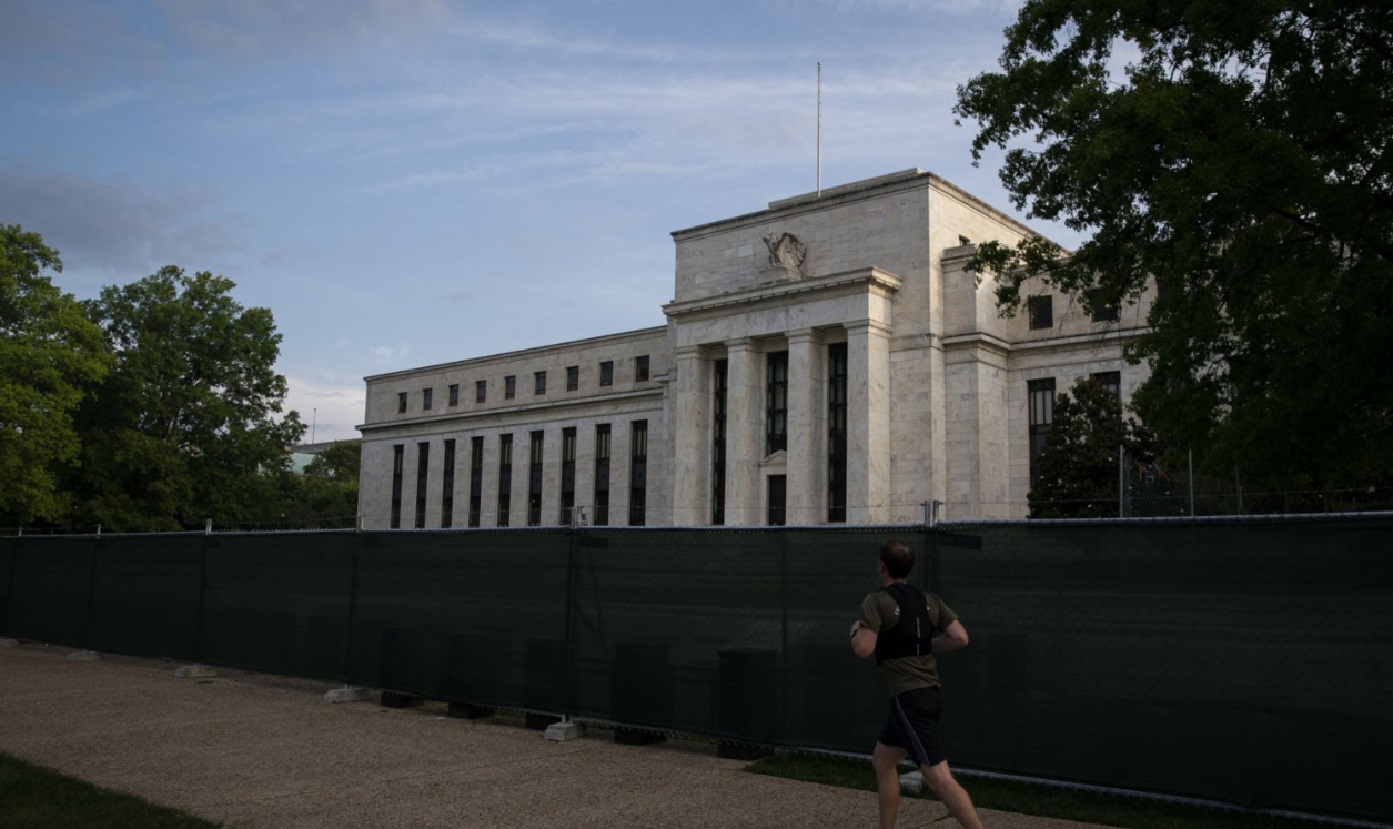European banks have granted loans for about 1.4 trillion EUR for the business property sector, which is experiencing problems due to a sharp drop in office prices on both sides of the Atlantic Ocean and investor concerns about the ability of banks to handle risk.
Germany’s banks are in the spotlight as the country goes through its worst property crisis in decades. It is marked by the bankruptcy of companies, suspension of construction and freezing of real estate transactions. Investors shunned shares of one of Germany’s top commercial real estate banks last week as they worried about its exposure to the US market.
The fallout from the slowdown could also hit banks in France and the Netherlands, which are among Europe’s biggest lenders to commercial property.
In Germany, Europe’s biggest economy, business property prices are set to fall by 10.2% in 2023, data from banking association VDP showed this week. Average declines are similar in the eurozone, according to data from the European Central Bank (ECB).
The property sector made up about a fifth of Germany’s GDP as low interest rates attracted billions of euros to the industry. But rising interest rates and rising construction costs have pushed some construction companies into bankruptcy as bank financing dries up, deals freeze and prices fall.
In the US, higher interest rates, refinancing difficulties and lower office occupancy are hitting the commercial property sector, fueling fears of a global market slowdown.
Industry experts say prices could fall further. Currently, there is not much transparency in their determination, as owners are reluctant to sell at discounted prices and asset management companies are slow to revalue their holdings.
How badly banks will be affected depends on the extent of the market downturn. Many property companies in Germany, for example, are hoping for a reversal in the middle of this year, and other executives are predicting a deepening slump by 2025.
With 285 billion EUR in business real estate loans, German banks account for about a fifth of the 1.4 trillion USD of loans granted by banks in the EU to the sector, according to data from the European Banking Authority (EBA).
Among German banks, Deutsche Bank, the country’s largest, has the most outstanding loans in the sector, followed by two state-backed regional public banks (Landesbanken).
Earlier this month, Deutsche said it had 17 billion euros in loans for the battered US commercial real estate market. They make up more than 3% of its entire loan portfolio. These loans amount to about a fifth of the 76 billion EURthat EU banks have lent in the US, EBA data show.
Deutsche Pfandbriefbank (PBB), which was established after the global financial crisis more than ten years ago, is one of the leading lenders in the German property market. 15% of its loans (for 5 billion EUR) are aimed at the business real estate market in the USA.
It doubled its provisions last week, unnerving investors who shunned its stocks and bonds as short sellers stepped up. PBB responded by releasing two separate messages seeking to reassure the public about its stability.
Late on Wednesday, ratings agency S&P downgraded PBB because of its ties to commercial real estate and gave it a negative outlook.
Most banks in the EU have no direct exposure to the US commercial real estate market, the exception being German banks, Moody’s rating agency said in a report on Wednesday.
What is the situation with banks in the rest of Europe?
Some European banks are even bigger lenders of commercial property than German banks, with France and the Netherlands dominating, EBA data showed. Rabobank and BNP Paribas top the ranking.
Loans by French banks to the sector are slightly more than loans granted by German banks. The Netherlands is in third place, ahead of Italy and Spain.
What are the prospects?
Gloomy, many experts say, although a rate cut later this year may bring some relief, and not all property markets in Europe are in as bad shape as Germany’s.
The ECB warned in November that the downturn in the property market could last for years, although it said the sector was not large enough to pose a systemic risk to lenders.
The International Monetary Fund noted that smaller and regional banks, particularly in the US, as well as non-bank financial intermediaries with high exposure to real estate, could experience difficulties.
Last month, the head of Germany’s financial regulator stepped up its warnings, predicting that 2024 will not be so good for bank profits, with real estate posing a growing risk.



